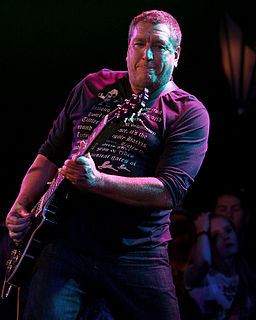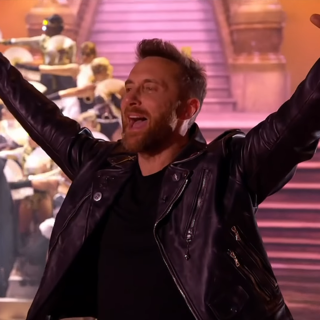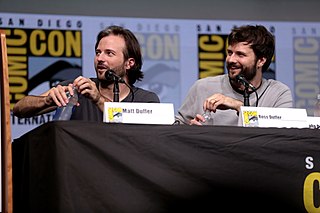A Quote by Steve Jones
In '77 there was no Internet, there was no Twitter or Facebook, and I think that, without being some old git who hates anything new, people's attention spans are too short. Back then you had 'Top Of The Pops' and 'Melody Maker,' and you had to make the effort to go to a show so that you absorbed the culture of music.
Related Quotes
Most kids come home from school. They don't go to their TVs first. They go to the Internet. They check their emails, or some blogs, or some sites. Then they go watch TV. Other people are at work all day 9-5 in front of a computer. They see certain clips. We're not going to hide the fact that people use the Internet. We're going to try to be as interactive as possible with our fans. I'm currently on Twitter and Facebook and Flicker and Dig. I'm on all that stuff.
I always knew I wanted to make music and share music. I followed my dreams and my passion. Et voila! And now it means not just me, but our community, have a voice. There was no internet, twitter, facebook, or instagram back then; now people with shared passions can unite their voice to share their values and thoughts, be heard, and make a difference. It's amazing - everyone can have a voice - and, as ONE, it can be incredible.
There's always something in new technology that promotes anxiety on the one hand, but also grieving on the other. With the internet, I think we can remember a time when people said "I don't use email," or "I'm not going to get email." I once had to do a piece on people who had never used the internet and refused to start and I found three people. But when I talked to them, they had used it, at some point or another. It's almost impossible to stay off the internet entirely. We feel as though we didn't get to make a decision. There's this new dawn and we all have to embrace it.
I draw a distinction between freedom of the internet and freedom via the internet. In the first case, it's making sure cyberspace is not over regulated and people can say what they want without fear of repercussions. But that's different from this freedom via the internet notion, which is often touted by all sorts of conservatives and neoconservatives who want young people in the Middle East and elsewhere in the world to use Facebook and Twitter and then go oppose their governments.
There's a few historical reasons for why git was considered complicated. One of them is that it was complicated. The people who started using git very early on in order to work on the kernel really had to learn a very rough set of scripts to make everything work. All the effort had been on making the core technology work and very little on making it easy or obvious.
I don't think people really do listen. We plug into music, and we have short attention spans. We tend to download individual tracks from iTunes rather than a whole album. We buy music DVDs and watch them once, and then they disappear into a drawer, or we loan them to a friend, and we never watch it again.
We had this idea, and I think a lot of people did going in, that you can make some short film and it's going to get industry attention and that's going to be your thing. And it was only later on at school that we realized that's very rare that a short film is going to capture the attention of anyone.




































